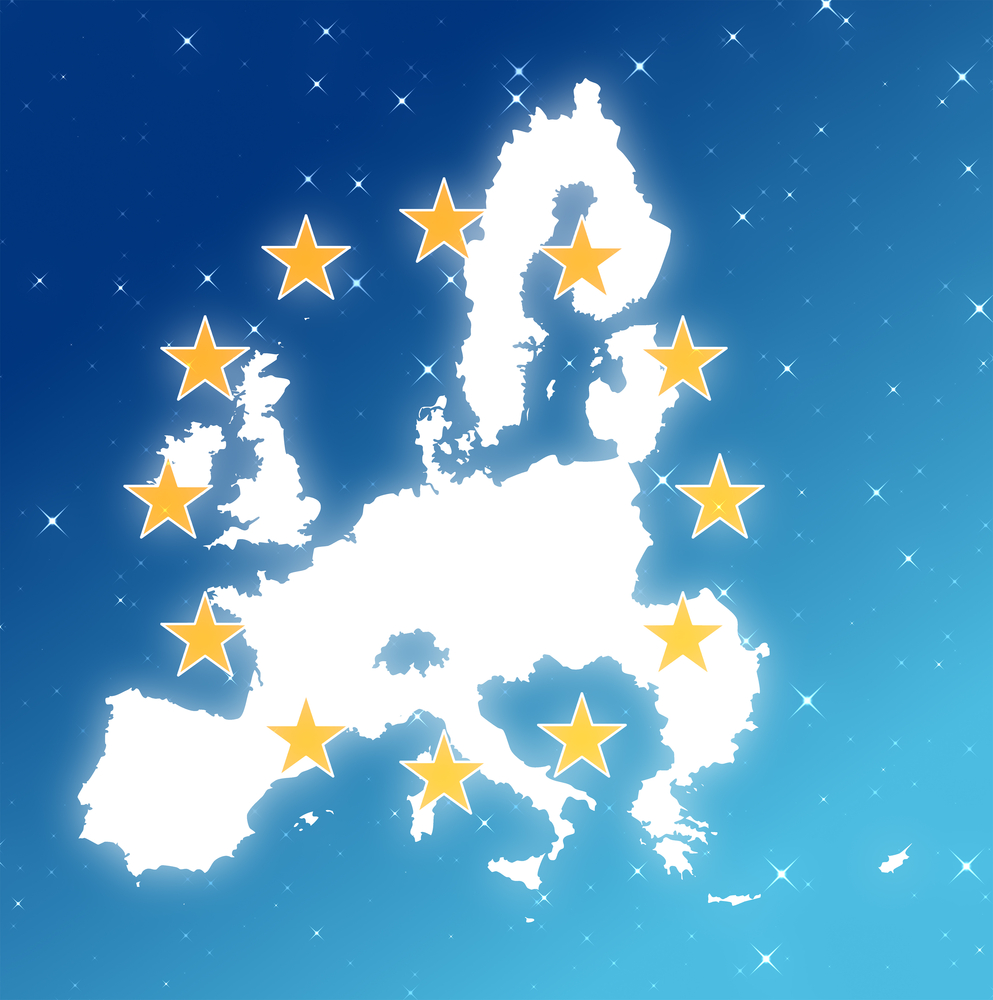Investing
Is now the time to invest in Europe?

Conflicting views over the future of the euro crisis are not helping investors.
Some good news for the start of 2013: the euro crisis is over.
That’s according to European Commission President, Jose Manuel Barroso who, earlier this week, said: “I think we can say that the existential threat against the euro has essentially been overcome. In 2013, the question won’t be if the euro will, or will not, implode.”
One of the biggest uncertainties for investors over the past four years has seemingly been resolved.
Or has it?
Barroso’s remarks failed to lift markets, which had posted strong gains in recent days.
His comments were also in stark contrast to those given by German chancellor Angela Merkel, who said in her New Year’s address that the euro crisis, though improving, was “far from over”.
These conflicting messages do not help investors still unsure whether they should be allocating money to the stricken region or not.
While the outlook is certainly looking more positive – the European Central Bank has helped bring government borrowing costs in Italy and Spain down from unsustainable levels and Greece has managed to sidestep an exit from the euro – the southern eurozone states are not out of the woods yet.Governments still have to tackle staggering unemployment levels for one.
The European market is understandably cheap at the moment but volatility for the sector is significantly higher than other developed markets and the market is likely to remain volatile for some time to come. It will not be an investment for the faint-hearted.
However, all of the negative sentiment surrounding the eurozone does not change the fact that many European companies are performing well, making profits and have large amounts of cash on their balance sheets.
This has been the case for some time, but it is only now after European funds have bounced back by around 20% that Europe is being talked about positively again.
Darius McDermott, managing director of Chelsea Financial Services, says: “Europe is a large, diverse market and is home to a lot of good companies so, even throughout the turmoil of the last few years, fund managers who have found the stocks which can grow regardless have done extremely well for their investors.
“Europe is also home to a disproportionate number of world-leading companies in sectors such as pharmaceuticals, engineering and luxury brands, which have strong finances and a diversified customer base.”
Late last year, some global fund managers were selectively and gently adding to their European holdings. John Chatfeild-Roberts with some of his Jupiter Merlin funds and Jeremy Podger with the Fidelity Global Special Situations fund, for example.
McDermott suggests private investors should be doing the same. However, historically a balanced investor would have around 15%-20% of their portfolio in Europe and today it is substantially less than that, not even making double figures in most cases.
Patrick Connolly, a certified financial planner at AWD Chase de Vere says: “Even with some better economic news and more positive comments starting to come through, Europe isn’t without risks and it is incredibly dangerous to predict that everything will continue to improve from here. This is why European equities should be held as part of a diversified portfolio.”